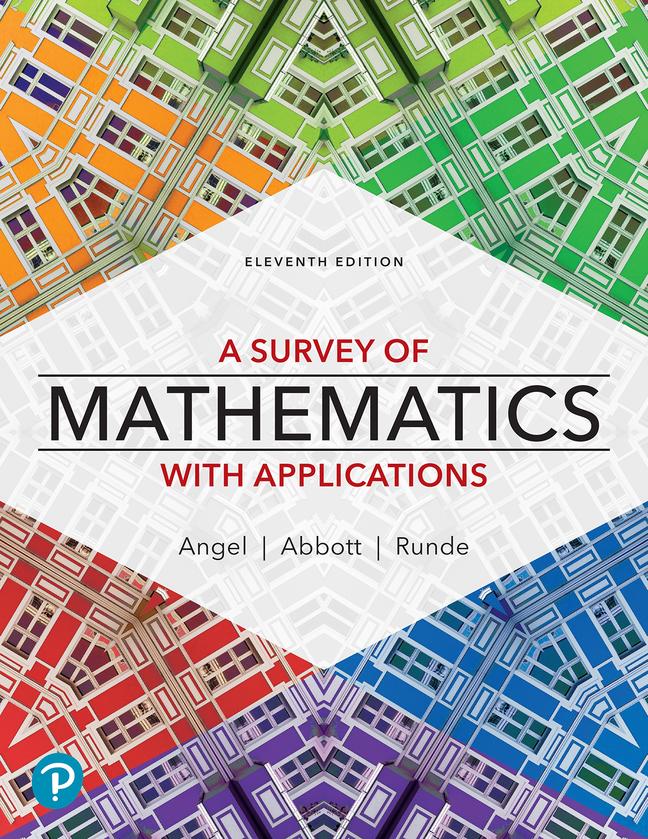Question
Assume you find a difference between the means for the performance test. After the conversations with each evaluator, you arrive at the following conclusions. The
Assume you find a difference between the means for the performance test. After the conversations with each evaluator, you arrive at the following conclusions.
The rater from Eval team 1 is a 26-year-old Caucasian male with approximately 18 months of experience. He was made an evaluator when the previous evaluator left the firm. Although competent, you suspect he cannot discern mediocre performance from superior performance. As such, he consistently rates subjects relatively high.
The rater from Eval team 2 is a 34-year-old Hispanic female with approximately six years of experience. She is competent and skillful. The scores of subjects she evaluates seem to be in the middle range.
The rater from Eval team 3 is a 56-year-old Caucasian male with approximately 17 years of experience in the firm. He is meticulous and very knowledgeable. The performance scores he assigns seem to be lower than those of the other two. You suspect that he has more stringent evaluation criteria. He said, "I rarely give out a five because all performance has room for improvement."
It would seem that the scores' differences may result from inter-rater error, but you need to confirm your suspicion.
Explain how you would suggest confirming your results economically and efficiently.
Step by Step Solution
There are 3 Steps involved in it
Step: 1

Get Instant Access to Expert-Tailored Solutions
See step-by-step solutions with expert insights and AI powered tools for academic success
Step: 2

Step: 3

Ace Your Homework with AI
Get the answers you need in no time with our AI-driven, step-by-step assistance
Get Started


